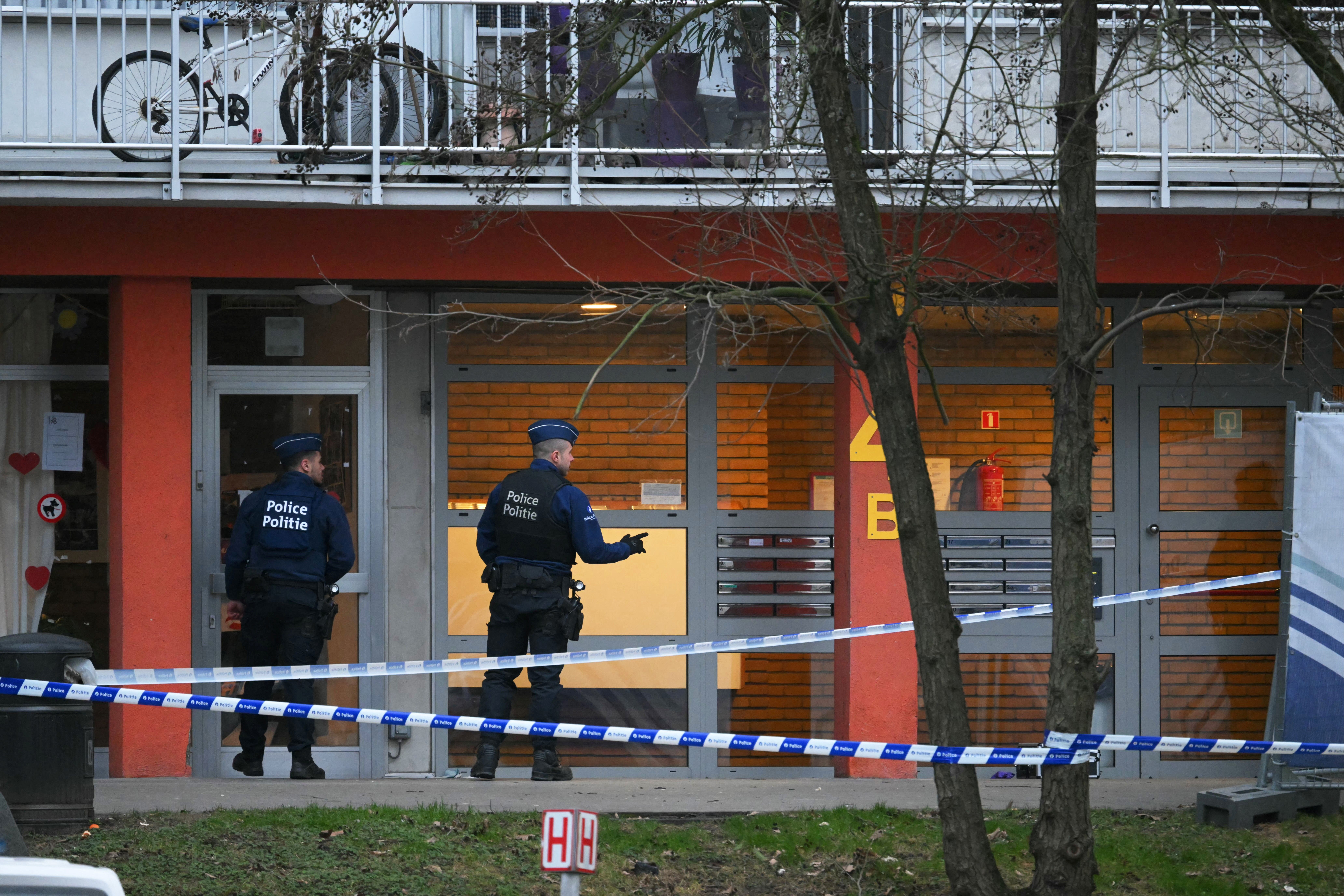Federal police spend most time investigating drug crime

Nearly 22 per cent of the Belgian federal police's investigative capacity last year was devoted to drug-related crime, according to the police's annual report. The police are counting on the new federal government to strengthen their ranks.
The federal judicial police opened 3,920 investigations last year, according to the report. These include 805 cases of money laundering, 695 cases of drug crime and 564 cases of violent crime.
It identified 52,018 suspects in ongoing investigations, mainly in drug cases, money laundering, forgery and terrorism. Criminal assets worth almost 232 million euros were seized.
According to the report, the Antwerp port area is a key hub for cocaine smuggling. The maritime police made 128 drug-related arrests there last year. While the quantities seized are decreasing, criminals are finding new ways to hide the drugs, such as mixing them with plastic, cardboard or certain liquids.

The production of synthetic drugs is also a problem. Last year, the police dismantled 33 laboratories. In addition, imports of cannabis from Canada and Thailand seem to be increasing, the report says.
Turbulent times
"We are living in turbulent times," said Eric Snoeck, general commissioner of the federal police, on Monday. "Drug-related crime is unacceptably brutal," he said referring to the many shootings in Brussels this year.
The police are counting on the federal government to continue tackling the challenges. Snoeck noted that the coalition agreement provides for a significant increase in resources. Not only will the police have to recruit more people, but the officers will also have to be better equipped and be able to deploy more flexibly.
"In June and October, a strong signal was sent: people voted for more security," said Interior minister Bernard Quintin, referring to federal and local elections. At the same time, he warned that it would take time to defeat the "many-headed monster" of drug trafficking.
Police officers investigate a killing linked to drug trafficking in the Anderlecht, Brussels © PHOTO NICOLAS TUCAT / AFP
Related news
